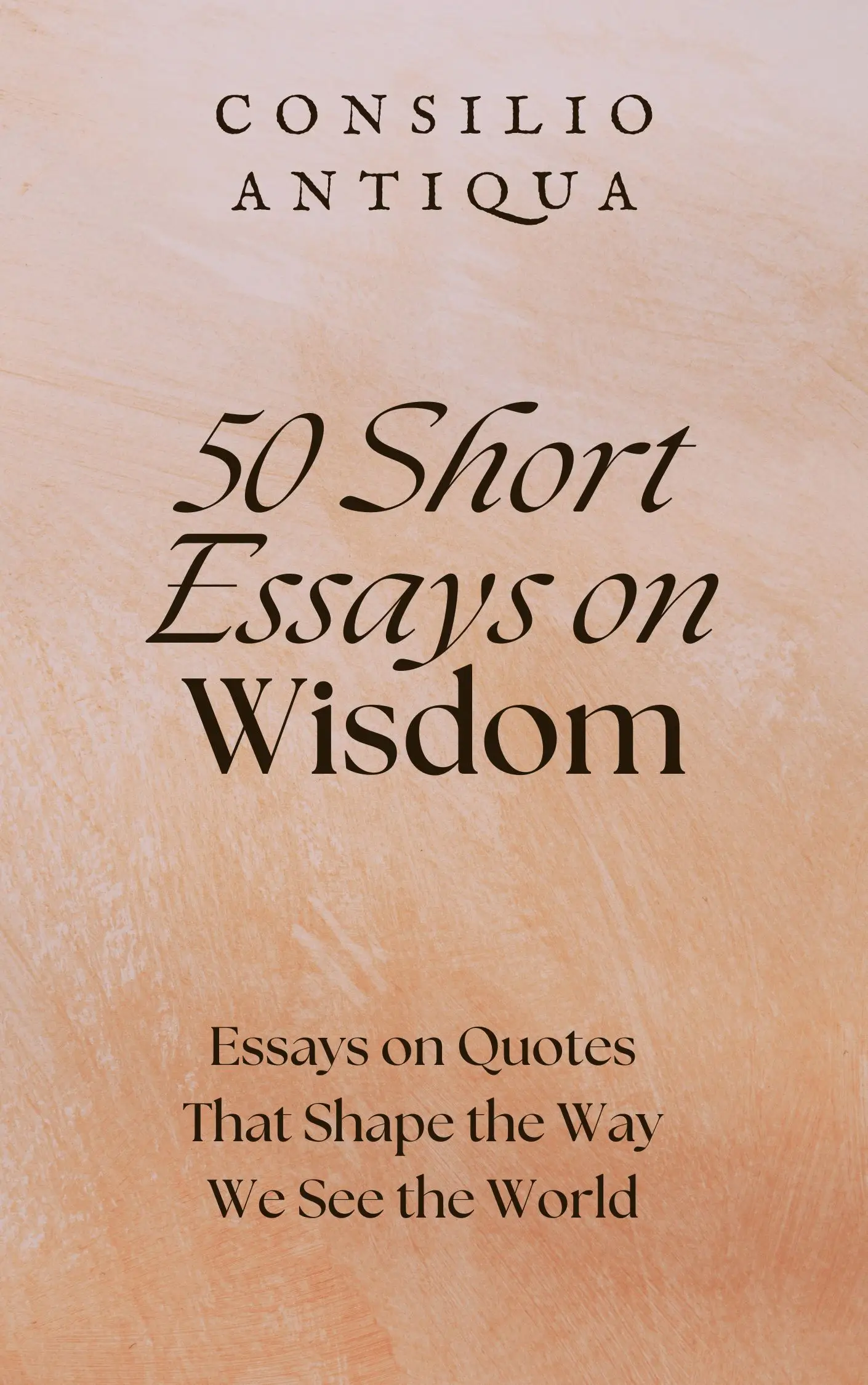
50 Short Essays on Wisdom | The Balm of Laughter
The Balm of Laughter
"Laughter is the best medicine." - Unknown
The rasping cough, the weary sigh, the weight of the world pressing down – these are the familiar companions of modern life. We chase productivity, success, and validation, often at the expense of our well-being. Yet, amidst the relentless demands, a simple, ancient remedy persists: laughter. This essay explores the enduring wisdom of the proverb "Laughter is the best medicine," examining its historical roots, its core principles, and its surprisingly potent application in our contemporary world.
The concept of laughter's healing power stretches back millennia. Ancient Greek philosophers, notably Hippocrates, recognized the connection between emotional well-being and physical health. While they didn't explicitly use the phrase "laughter is the best medicine," their writings suggest an understanding of humor's therapeutic potential. The comedic plays of Aristophanes, for instance, served not only as entertainment but also as a form of social commentary and catharsis, offering audiences a release from anxieties and tensions. Across cultures, laughter has been interwoven with rituals, ceremonies, and storytelling, highlighting its role in community bonding and emotional regulation.
The proverb's enduring appeal lies in its simplicity and profound truth. Laughter isn't merely a pleasant emotion; it's a physiological response with far-reaching consequences. It triggers the release of endorphins, natural mood boosters that alleviate pain and reduce stress. A hearty laugh can lower blood pressure, improve cardiovascular health, and even boost the immune system. Beyond the physical benefits, laughter fosters emotional resilience. It allows us to step back from overwhelming situations, to find perspective, and to connect with others on a shared human level. The ability to laugh, even in the face of adversity, speaks to an inner strength, a capacity for hope that transcends suffering.
In our increasingly stressful world, the wisdom of laughter takes on new urgency. The rise of mindfulness practices and therapeutic techniques underscores the importance of emotional regulation. Laughter yoga, for instance, utilizes intentional laughter exercises to reduce stress and improve mental well-being. Humor therapy is increasingly integrated into clinical settings, helping patients cope with illness, trauma, and grief. The simple act of sharing a joke with a friend, watching a funny movie, or finding humor in everyday absurdities can provide a much-needed respite from the pressures of modern life. Consider the weary entrepreneur, finding solace in a shared laugh with a colleague after a grueling day; or the grieving widow, finding a flicker of warmth in a cherished memory that brings a tearful smile.
How often do we allow ourselves the simple luxury of laughter? In our pursuit of productivity and perfection, do we neglect the profound healing power of joy? This essay isn't a prescription for constant mirth; life inevitably brings sorrow and hardship. But the capacity for laughter, the ability to find moments of levity amidst the challenges, is a vital resource. It is a testament to our resilience, our capacity for hope, and our enduring connection to the human spirit. What brings you laughter? How can you cultivate more joy in your daily life? The answers, I believe, hold the key to a richer, more fulfilling existence.
The proverb "Laughter is the best medicine" is more than a quaint saying; it's a timeless truth, a reminder of the profound healing power inherent in joy. In a world often characterized by stress and anxiety, cultivating laughter is not a luxury but a necessity. Let us embrace the balm of laughter, not as a cure-all, but as a vital ingredient in a life well-lived.
